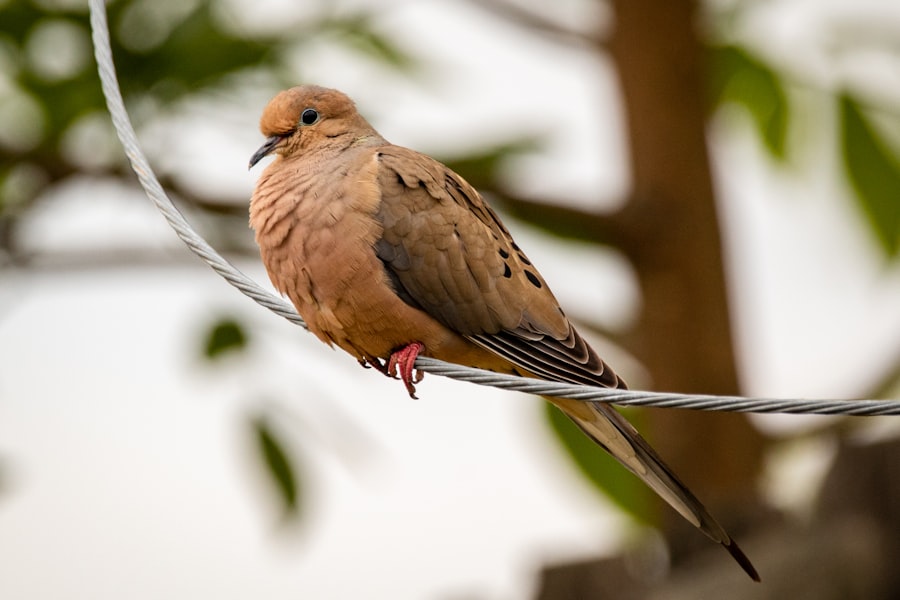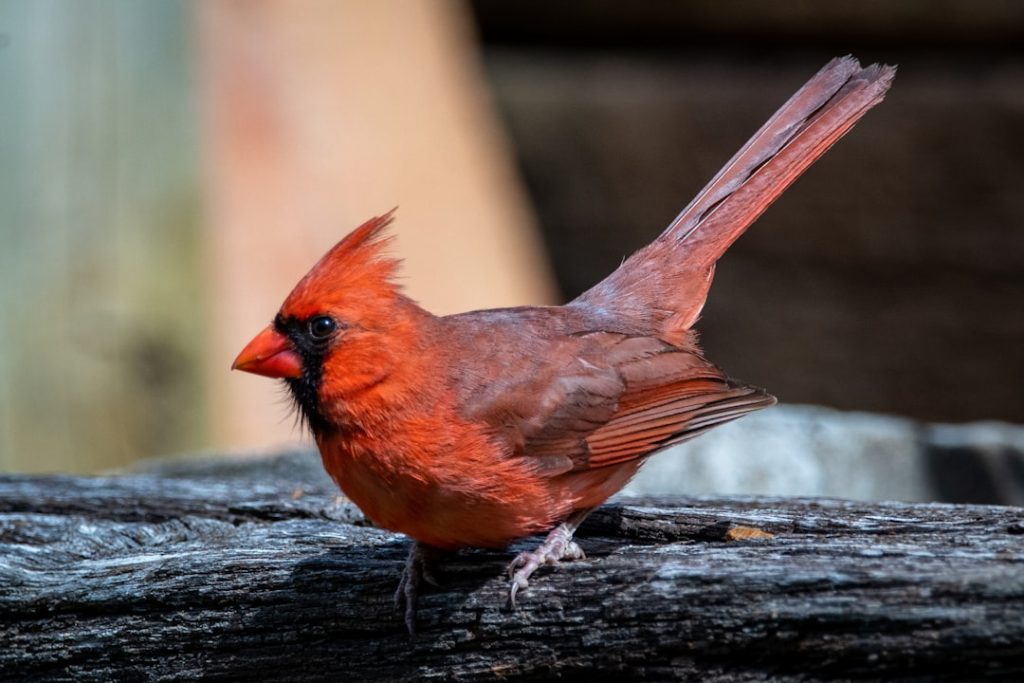When considering raising chickens in your yard, it is crucial to first understand the local regulations and zoning laws in your area. Many cities and towns have specific ordinances regarding the keeping of chickens, including the number of chickens allowed, coop and run requirements, and distance from neighboring properties. It is important to research and familiarize yourself with these regulations to ensure that you are in compliance with the law.
Before embarking on your chicken-keeping journey, reach out to your local government or zoning department to obtain a copy of the regulations pertaining to backyard chickens. Some areas may require a permit or license to keep chickens, while others may have specific guidelines for coop size, location, and maintenance. By understanding and adhering to these regulations, you can avoid potential fines or legal issues down the road.
In addition to local regulations, it is also important to consider the impact of raising chickens on your neighbors. Be proactive in communicating with them about your plans and address any concerns they may have. By being a considerate and responsible chicken owner, you can foster positive relationships with your neighbors and ensure a harmonious coexistence in your community.
Table of Contents
- 1 Choosing the Right Breed for Your Yard
- 2 Building a Secure Coop and Run
- 3 Providing Proper Nutrition and Care
- 4 Protecting Your Chickens from Predators
- 5 Managing Waste and Odor
- 6 Integrating Chickens into Your Yard Ecosystem
- 7 FAQs
- 7.1 What are the regulations for keeping chickens in Georgia?
- 7.2 What are the basic requirements for keeping chickens in my yard?
- 7.3 What breeds of chickens are suitable for keeping in Georgia?
- 7.4 What should I consider when building a chicken coop in Georgia?
- 7.5 What are some common predators of chickens in Georgia?
- 7.6 What should I feed my chickens in Georgia?
- 7.7 How can I protect my chickens from extreme weather in Georgia?
Key Takeaways
- Understanding local regulations and zoning laws is crucial before starting a backyard chicken operation to avoid potential legal issues.
- Choosing the right breed for your yard involves considering factors such as climate, space, and egg production.
- Building a secure coop and run is essential to protect chickens from predators and provide a safe environment for them to thrive.
- Providing proper nutrition and care involves offering a balanced diet, clean water, and regular health checks for the chickens.
- Protecting your chickens from predators requires implementing measures such as secure fencing, predator-proof coop design, and using deterrents.
Choosing the Right Breed for Your Yard
Climate Considerations
Some breeds are better suited for cold climates, while others thrive in warmer environments. If you live in a colder climate, consider breeds such as the Rhode Island Red or Plymouth Rock, which are known for their cold-hardiness. For warmer climates, breeds like the Leghorn or Sussex may be more suitable.
Egg Production and Temperament
If you are primarily interested in egg production, breeds such as the Australorp or Orpington are known for their prolific laying abilities. On the other hand, if you have children or are looking for friendly, docile chickens, breeds like the Silkie or Buff Orpington may be a good fit.
Space and Lifestyle
It is also important to consider the space available in your yard when choosing a breed. Some breeds are more suited for confinement, while others thrive in free-range environments. By carefully considering these factors and doing thorough research on different breeds, you can select the right chickens for your specific yard and lifestyle.
Building a Secure Coop and Run

Creating a secure coop and run is essential for the safety and well-being of your backyard chickens. The coop serves as a shelter for the chickens to roost and lay eggs, while the run provides them with space to forage and exercise. When building a coop and run, it is important to prioritize security from predators and provide adequate space for the chickens to live comfortably.
The coop should be constructed with sturdy materials and feature secure latches on doors and windows to prevent entry by predators such as raccoons, foxes, and birds of prey. Additionally, the coop should be well-ventilated to ensure good air circulation and prevent moisture buildup. Nesting boxes should be provided for the hens to lay eggs, and roosting bars should be installed for the chickens to perch at night.
The run should be enclosed with a predator-proof fence that extends underground to prevent digging by predators. It should also provide ample space for the chickens to move around and engage in natural behaviors such as scratching and dust bathing. Providing enrichment items such as perches, dust baths, and hanging treats can help keep the chickens entertained and reduce boredom.
By investing time and effort into building a secure and comfortable coop and run, you can create a safe and happy environment for your backyard flock.
Providing Proper Nutrition and Care
Proper nutrition and care are essential for maintaining the health and well-being of your backyard chickens. A balanced diet is crucial for egg production, feather quality, and overall health. In addition to providing a high-quality commercial feed, it is important to supplement their diet with fresh fruits and vegetables, grit for digestion, and calcium for strong eggshells.
Water should be provided at all times, and it is important to regularly clean and refill waterers to prevent contamination. Additionally, regular health checks should be conducted to monitor for signs of illness or injury. This includes checking for parasites such as mites or lice, as well as monitoring egg production and behavior changes.
In addition to nutrition, providing proper care also includes maintaining a clean coop and run. Regularly cleaning out bedding, removing droppings, and ensuring good ventilation can help prevent disease and maintain a healthy environment for the chickens. By prioritizing proper nutrition and care, you can ensure that your backyard flock remains healthy and productive.
Protecting Your Chickens from Predators
Protecting your chickens from predators is a top priority for any backyard chicken owner. Predators such as raccoons, foxes, hawks, and even domestic dogs pose a threat to the safety of your flock. Implementing predator-proof measures can help safeguard your chickens from harm and ensure their well-being.
One effective way to protect your chickens from predators is by installing hardware cloth around the coop and run. This wire mesh should be buried at least 12 inches underground to prevent digging by predators and extend at least 2 feet above ground to deter climbing or jumping. Additionally, adding a roof or cover to the run can help prevent aerial attacks from birds of prey.
Another important measure is securing all entry points to the coop with sturdy latches and locks. This includes doors, windows, vents, and any other openings that could provide access to predators. Regularly inspecting the coop and run for signs of wear or damage can help identify potential weak points that need reinforcement.
In addition to physical barriers, implementing deterrents such as motion-activated lights or sound devices can help discourage predators from approaching the coop and run. By being proactive in protecting your chickens from predators, you can create a safe and secure environment for your flock to thrive.
Managing Waste and Odor

Regular Cleaning and Bedding Replacement
One way to manage waste is by regularly cleaning out the coop bedding and replacing it with fresh material. This helps prevent ammonia buildup from urine and reduces odors in the coop. Additionally, regularly turning over the bedding in the run can help break down waste and prevent odor accumulation.
Composting Chicken Manure
Composting chicken manure is another effective way to manage waste while also creating nutrient-rich fertilizer for your garden. By composting manure along with other organic materials such as leaves or grass clippings, you can create a valuable soil amendment that can be used to enrich your garden beds.
Ensuring Good Ventilation
In addition to managing waste, it is important to address odor concerns by ensuring good ventilation in the coop and run. Proper airflow can help reduce moisture buildup and prevent odors from becoming overwhelming. By implementing these waste management practices, you can minimize odor issues and maintain a clean and healthy environment for your backyard flock.
Integrating Chickens into Your Yard Ecosystem
Integrating chickens into your yard ecosystem can provide numerous benefits for both your chickens and your garden. Chickens are natural foragers that can help control pests such as insects and slugs while also providing valuable fertilizer through their manure. By allowing your chickens access to certain areas of your yard, you can create a mutually beneficial relationship that supports both your garden and your flock.
One way to integrate chickens into your yard ecosystem is by implementing rotational grazing in your garden beds. Allowing chickens access to garden areas after harvest can help them clean up leftover produce while also fertilizing the soil with their manure. This can help reduce waste while also preparing the soil for future planting.
Another way to integrate chickens into your yard ecosystem is by creating designated foraging areas where they can scratch and peck for insects and plants. By providing enrichment items such as logs or overturned pots, you can encourage natural behaviors while also controlling pests in specific areas of your yard. It is important to monitor the impact of chickens on your yard ecosystem and make adjustments as needed to ensure a balanced relationship between your flock and your garden.
By integrating chickens into your yard ecosystem, you can create a sustainable and harmonious environment that supports both plant growth and chicken health.
If you’re looking for tips on how to keep chickens in your yard in Georgia, you might be interested in learning about different flooring options for your chicken coop. Check out this article on choosing the right floor for your chicken coop to ensure your feathered friends have a comfortable and clean living space.
FAQs
What are the regulations for keeping chickens in Georgia?
In Georgia, regulations for keeping chickens vary by city and county. It is important to check with your local government to understand the specific rules and requirements for keeping chickens in your area.
What are the basic requirements for keeping chickens in my yard?
Some basic requirements for keeping chickens in your yard in Georgia include providing a secure coop and run for the chickens, access to fresh water and food, and proper waste management to prevent odor and pests.
What breeds of chickens are suitable for keeping in Georgia?
Some popular chicken breeds that are suitable for keeping in Georgia include the Rhode Island Red, Plymouth Rock, and Sussex. These breeds are known for their ability to adapt to various climates and are well-suited for backyard chicken keeping.
What should I consider when building a chicken coop in Georgia?
When building a chicken coop in Georgia, it is important to consider factors such as protection from predators, proper ventilation, and insulation to regulate temperature. Additionally, the coop should be designed to provide adequate space for the number of chickens being kept.
What are some common predators of chickens in Georgia?
Common predators of chickens in Georgia include raccoons, foxes, hawks, and snakes. It is important to take measures to secure the coop and run to protect the chickens from these predators.
What should I feed my chickens in Georgia?
Chickens in Georgia can be fed a diet of commercial chicken feed, supplemented with kitchen scraps, fruits, and vegetables. It is important to provide a balanced diet to ensure the health and productivity of the chickens.
How can I protect my chickens from extreme weather in Georgia?
To protect chickens from extreme weather in Georgia, it is important to provide adequate shelter, ventilation, and insulation in the coop. Additionally, providing access to shade and fresh water during hot weather, and adding heat sources during cold weather, can help protect the chickens from extreme conditions.
Meet Walter, the feathered-friend fanatic of Florida! Nestled in the sunshine state, Walter struts through life with his feathered companions, clucking his way to happiness. With a coop that’s fancier than a five-star hotel, he’s the Don Juan of the chicken world. When he’s not teaching his hens to do the cha-cha, you’ll find him in a heated debate with his prized rooster, Sir Clucks-a-Lot. Walter’s poultry passion is no yolk; he’s the sunny-side-up guy you never knew you needed in your flock of friends!







